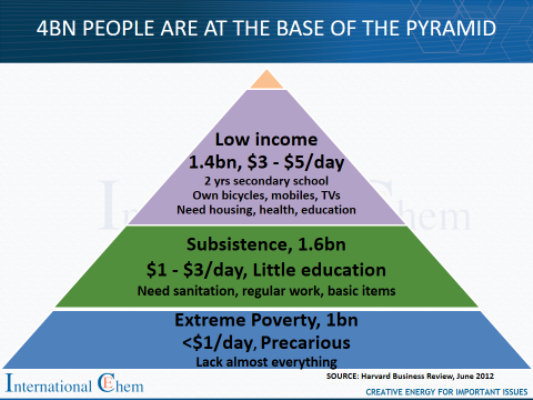By John Richardson
WALK into any airport bookshop and you will see shelf after shelf full of management and “get rich quick” books. How many books are you likely to see on inventing things and manufacturing? Hardly any…..
The danger is that whilst we busy ourselves with pouring spurious knowledge into our heads about how to manage and invest (most of us seem to want to be managers, and, of course, investment geniuses, whilst far fewer people appear to be content to work in the laboratory or on the shop floor), we have lost touch with the fact that it is innovation – and then manufacturing, of course – which will create many of the vitally-needed jobs of the future.
The time to act is running out.
“For the eurozone countries, nearly half of those who were unemployed in the second quarter of this year had been out of work for at least a year,” writes the New York Times in this article.
“In Greece, the figure was 65%. Even in prosperous Germany, it was 45%. In Britain, it was 37.
“For 32 of the OECD countries – data for Chile and South Korea were not available — the overall figure was 36 percent.
Stefano Scarpetta from the OECD told the newspaper: “Acting quickly is important. If you have a large pool of long-term unemployed, you should focus on them.”
He pointed to the rising number of people younger than 25 who are not in employment, education or training — called NEETs by the OECD. In the United States, in the final quarter of last year, 15% of youths were in that group, up from 12% in the same period of 2007. In Italy, the figure was 21.4%, but it was just 7.6% in Germany.
This is criminal, we think. Meaningful work goes to the very core of what we do, it helps to define us in a positive way, and so without such work you end up with all kinds of social ills, including the horrors of extreme right-wing politics.
Politicians have a responsibility, therefore, to clear the book shelves of all those largely worthless business and investing books and replace them with historic accounts of successful breakthroughs in manufacturing.
The breakthroughs we need are in creating the goods and services for ageing populations in the West.
In emerging markets, we need to create low-cost goods and services for the four billion people who earn $5 or less a day. Accessing low-cost mobility and adequate food and sanitation are some of the challenges that these people face.
Breakthroughs can only come from genuine partnerships between politicians who see the bigger picture and think beyond the next election cycle – and business leaders who care about the long term and not just the next set of quarterly results.

